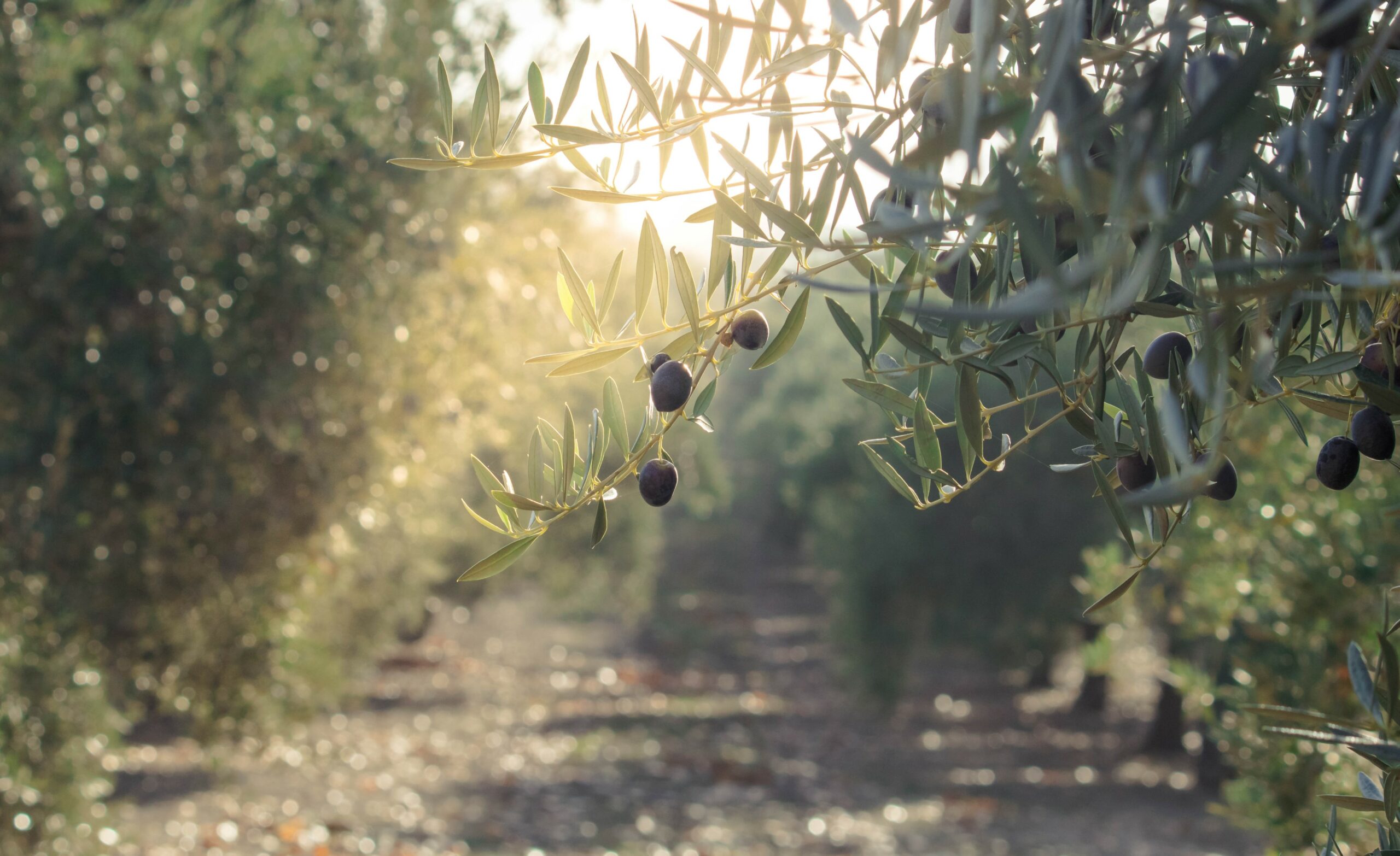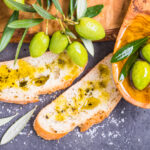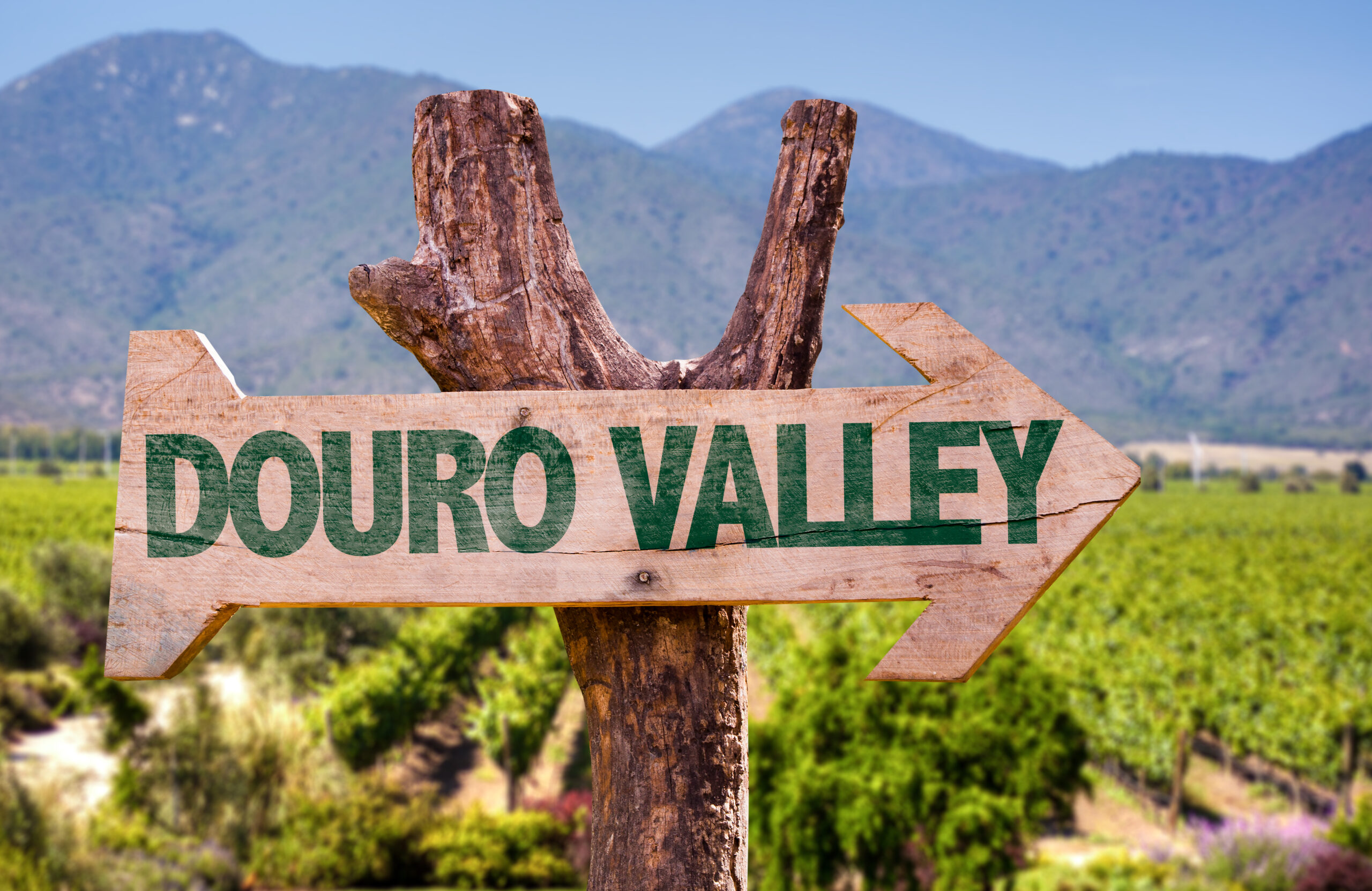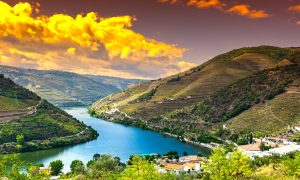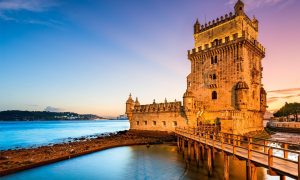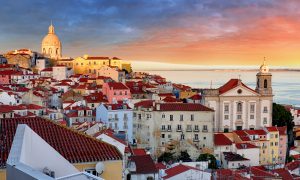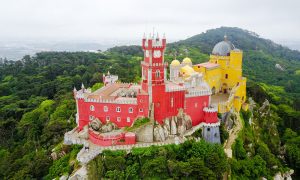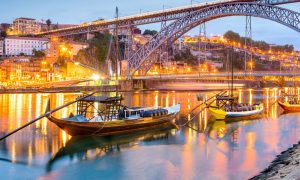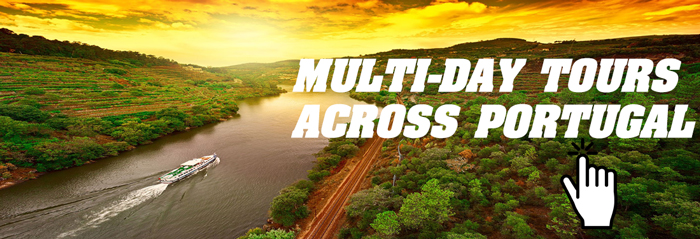Exploring Portugal’s Rich Olive Legacy: From Ancient Trees to Liquid Gold ===
Portugal, a country known for its stunning landscapes and rich cultural heritage, also boasts an ancient olive legacy that has left a lasting mark on its history. With centuries-old olive trees dotting the landscape, Portugal’s olive oil production is not just a process, but an art form. From the ancient olive trees to the golden liquid they produce, let’s embark on a journey to explore Portugal’s extraordinary olive legacy.
Portugal’s Ancient Olive Trees: A Living Legacy
Nestled among the rolling hills of the Alentejo region lie Portugal’s ancient olive trees, silent witnesses to centuries of history. These majestic giants, some dating back over a thousand years, stand as a testament to the country’s olive-growing tradition. Walking among them, one can’t help but feel a deep sense of reverence for the generations that have nurtured and cared for these magnificent trees.
Each ancient olive tree tells a story, its gnarled and twisted branches speaking of the hardships endured throughout the years. Their resilience is awe-inspiring, surviving droughts, wars, and changing agricultural practices. These living relics are a source of pride for the Portuguese people, a connection to their past and a vision for the future.
The Alentejo region, in particular, is home to some of the oldest olive trees in Portugal. It is here that the Mediterranean climate, with its warm summers and mild winters, provides the perfect conditions for olive cultivation. The combination of fertile soil and ample sunshine ensures the trees produce olives of exceptional quality, the foundation of Portugal’s renowned olive oil.
Liquid Gold: The Art of Olive Oil Production
The journey from ancient olive trees to the golden elixir known as olive oil is a meticulous process that requires expert skill and a deep knowledge of tradition. Once the olives are harvested, they are carefully sorted to ensure only the finest fruit is used. Modern technology has certainly played a role in streamlining the production process, but the heart of olive oil production remains firmly rooted in tradition.
One of the most critical steps in olive oil production is the pressing of the olives. In traditional mills, giant stone wheels slowly crush the olives, extracting their precious juice. This method, known as cold pressing, ensures the olive oil retains its full flavor and nutritional properties. It is this dedication to quality that sets Portuguese olive oil apart from the rest.
Once the oil is extracted, it undergoes a rigorous testing process to ensure it meets the highest standards. Only then does it receive the coveted designation of “extra virgin,” the highest grade of olive oil. The result is a golden liquid with a distinct aroma and a flavor that dances on the palate.
Portugal’s olive oil production is not just a means of sustenance but a cultural heritage passed down through generations. Many families have their own olive groves and traditions, preserving the art of olive oil production. It is a labor of love, a connection to the land and a celebration of the country’s rich olive legacy.
===CONCLUSION: Exploring Portugal’s Rich Olive Legacy: From Ancient Trees to Liquid Gold ===
Portugal’s ancient olive trees and the liquid gold they produce are a testament to the country’s deep-rooted connection to the land. These ancient giants, standing tall amidst the rolling hills, are more than just trees – they are living witnesses to centuries of history. The art of olive oil production, passed down through generations, ensures that Portugal’s olive legacy continues to thrive.
As you explore Portugal’s olive groves and sample its exquisite olive oil, you can’t help but be captivated by the passion and dedication of the people behind this ancient tradition. It is a journey that takes you on a sensory adventure, from the gnarled branches of the ancient trees to the golden hues of the olive oil.
So, immerse yourself in Portugal’s rich olive legacy. Let the fragrance of the olive groves fill your senses and the taste of the liquid gold transport you to a time when tradition and craftsmanship reigned supreme. Experience the magic of Portugal’s olive legacy and discover why this small country holds such a significant place in the world of olive oil production.

Gonzalo
Founder/Owner of The Lisbon Guide, one of the major blog references in Portugal, established in 2014 and receiving every year 250.000 visitors from all over the world, looking to provide the best experiences in Portugal. In partnership with Portugal Magik for all private tours and transfers across Portugal, Gonzalo loves a good seafood meal at Monte Mar Cascais, and all from Michelin Chef Avillez. Favorite Hotel in Lisbon/Portugal, Penha Longa Resort by Ritz Carlton.
For over 15 years, Gonzalo have been helping thousands of travelers yearly to plan a perfect trip to Portugal. Based in Lisbon/Cascais and working in this field for over 20 years, with multiple ongoing projects. Also an avid TripAdvisor user level 6 with more than 300.000 readers worldwide.
Many years working also as a Private Guide of Lisbon, Sintra, Fatima, Porto, Douro Valley, Evora, and other locations in Portugal.

